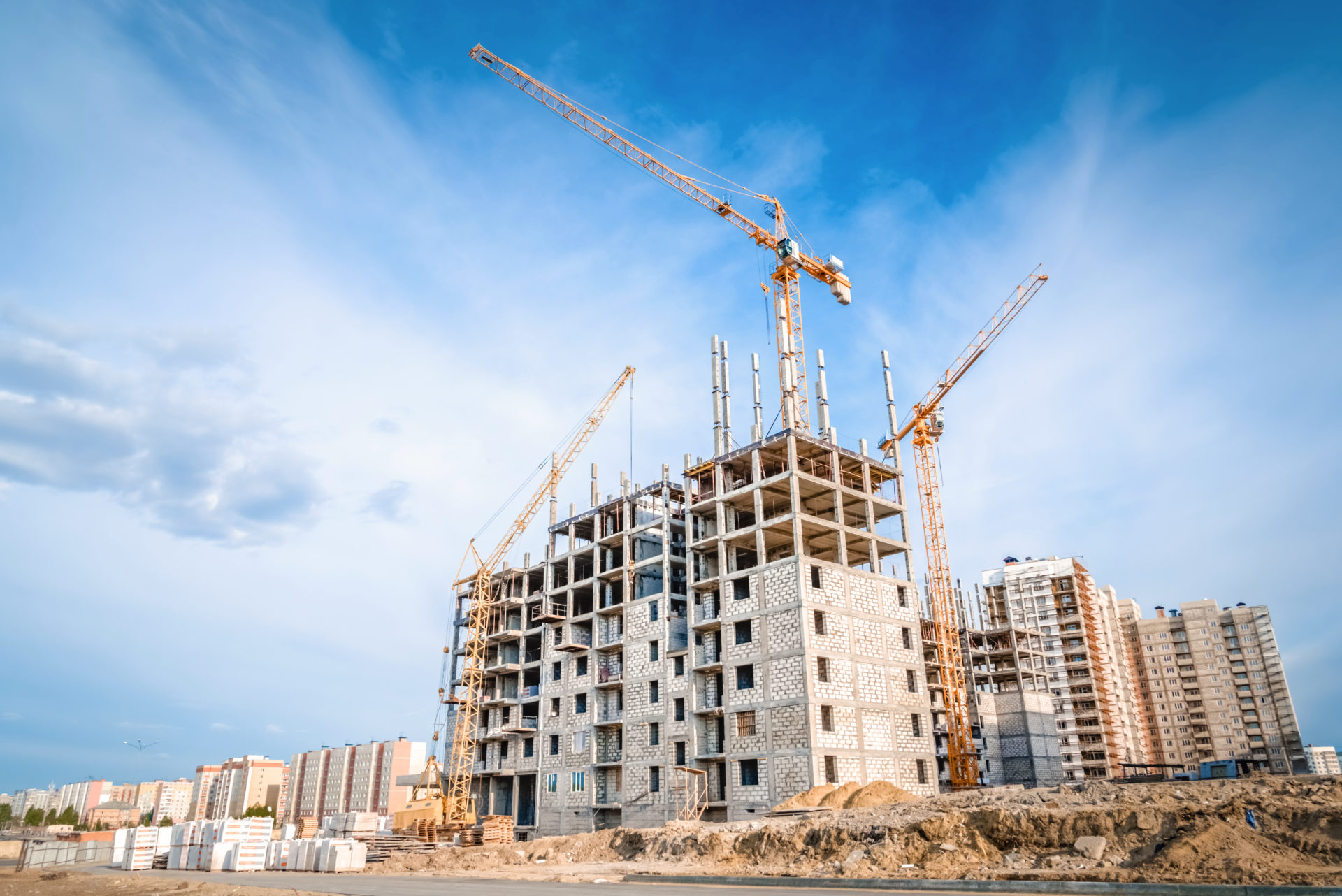The 2021 Census tells us that across England and Wales, the proportion of households living in a flat, maisonette, or apartment increased more than houses over the decade, from 21.0% (4.9 million) in 2011 to 21.7% (5.4 million) in 2021. Looking around any city, it seems that the trend will continue with flats going up everywhere. The new government’s pledge to get Britain building can be expected to accelerate the trend.
Looking at the more detailed breakdown that English Housing Statistics give us, we can see that leasehold accounts for nearly a fifth of the English housing stock, government figures for England tell us that 3.4 million were leasehold flats. There are also 1.3 million leasehold houses. In the last 5 years, the number of leasehold dwellings has increased from 4.27 million in 2017-18 to 4.77 million in 2022-23.
While the build-to-rent model for flats seems to be growing (there are now 263,694 build-to-rent homes built or in planning in the UK according to the British Property Federation), the more familiar leasehold prevails for multi-occupancy buildings. (Shared ownership, more affordable housing tenure that is particularly attractive to younger and first-time buyers, is still leasehold tenure.)
Given the stubbornly low uptake of Commonhold, leasehold remains the way most people own an interest in an apartment. Leasehold, despite incremental reform of the laws governing it, undoubtedly has flaws but it is a system with which we will be living for the immediately foreseeable future.
Escalating ground rents and overbearing service charges in return for poor management are common causes of complaints from leaseholders. Ground rent has, of course, been effectively wiped out for new flats, but the concept has not actually been abolished – ground rent still exists as “a peppercorn if demanded”. Leaseholders living with existing leases are yet to see any relief from sometimes onerous, escalating ground rents. They will be looking to the new government to finish the work that Michael Gove started, with a revival of proposals to abolish (reduce to a peppercorn) or cap ground rents which were challenged by some big freeholders. We can only wait and see.
Service charges are an area where greater transparency and clearer transparency from landlords and understanding by leaseholders would help. The Leasehold and Reform Act 2024 (LAFRA) which passed through Parliament just before it was dissolved, should help by giving leaseholders extensive rights to request information from landlords about service charges and property management. Managers’ lives should be made easier because they will know exactly how to lay our service charge demands and annual accounts, using new specific content and form requirements.
The requirement for a building owner to organise and fund the removal of dangerous cladding in high rises is now set in law, to the relief of leaseholders. However, in any building, there may still be significant major maintenance works to fund. These can come as a surprise to leaseholders, especially where the building does not have any reserves or a sinking fund. Managers of such blocks may want to consider starting to build reserves. It may be worth commissioning a building survey, so you know what works are in your pipeline.
Get in touch to find out how we can help with insurance policies specifically written for blocks of flats and the people who live in and manage them.
Disclaimer:
The sole purpose of this article is to provide guidance on the issues covered. This article is not intended to give legal advice, and, accordingly, it should not be relied upon. It should not be regarded as a comprehensive statement of the law and/or market practice in this area. We make no claims as to the completeness or accuracy of the information contained herein or in the links which were live at the date of publication. You should not act upon (or should refrain from acting upon) information in this publication without first seeking specific legal and/or specialist advice. Arthur J. Gallagher Insurance Brokers Limited accepts no liability for any inaccuracy, omission or mistake in this publication, nor will we be responsible for any loss which may be suffered as a result of any person relying on the information contained herein.
FP1362-2024a
